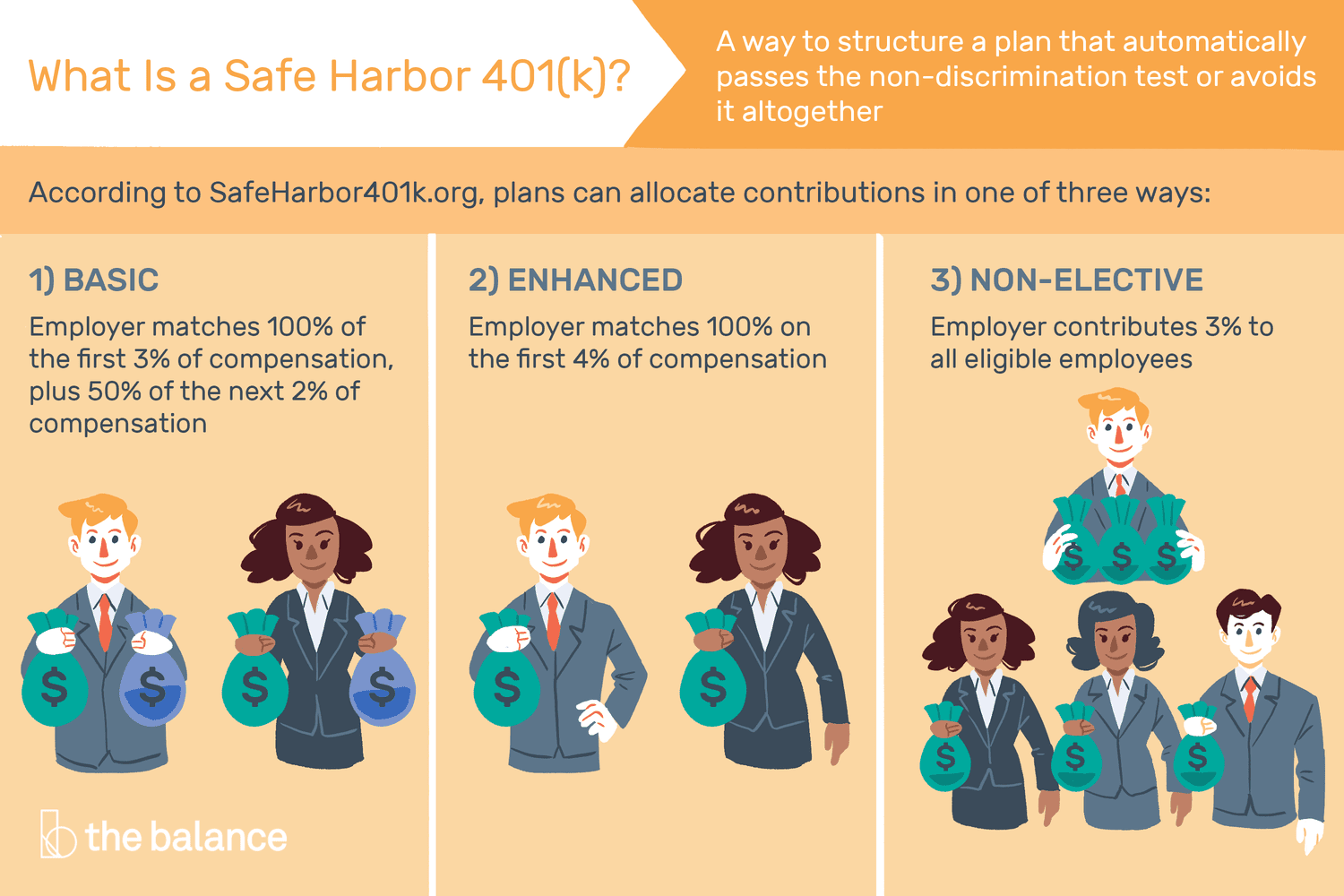npaden
Well-known member
I get a chuckle out of some of the posts talking about investment advice and how much that is worth on a hunting forum, but I've actually read some fairly good ideas in a few of them.
I thought I would share one option that I'm aware of that allows people to put a little extra toward retirement if they are already maximizing their 401(k) contributions.
Depending on your income level, you can also make a contribution to a Roth IRA, but if you are over the income limit to contribute to a ROTH IRA, you can contribute to a traditional IRA (not tax deductible) and then immediately convert the traditional IRA to a ROTH IRA. Essentially this takes away the income limit for the ROTH IRA. For 2020, you can contribute up to $6,000 into an IRA if you are under 50 and $7,000 if you are over 50.
This is in addition to your 401(k) contributions. That is a completely separate limit.
This won't work if you already have a traditional IRA with a significant amount of money in it because you will be taxed on any earnings in the traditional IRA when it converts to the ROTH IRA. If you put the money in one day and then transfer it out to the ROTH the next day there really aren't any earnings to be taxed on though.
You can also contribute to a traditional IRA and then convert it to a ROTH IRA for your spouse as well even if they don't have earned income.
This probably doesn't apply to very many folks, but thought I would share because it can be helpful to some.
My 2 cents worth of free advice today.
Nathan
I thought I would share one option that I'm aware of that allows people to put a little extra toward retirement if they are already maximizing their 401(k) contributions.
Depending on your income level, you can also make a contribution to a Roth IRA, but if you are over the income limit to contribute to a ROTH IRA, you can contribute to a traditional IRA (not tax deductible) and then immediately convert the traditional IRA to a ROTH IRA. Essentially this takes away the income limit for the ROTH IRA. For 2020, you can contribute up to $6,000 into an IRA if you are under 50 and $7,000 if you are over 50.
This is in addition to your 401(k) contributions. That is a completely separate limit.
This won't work if you already have a traditional IRA with a significant amount of money in it because you will be taxed on any earnings in the traditional IRA when it converts to the ROTH IRA. If you put the money in one day and then transfer it out to the ROTH the next day there really aren't any earnings to be taxed on though.
You can also contribute to a traditional IRA and then convert it to a ROTH IRA for your spouse as well even if they don't have earned income.
This probably doesn't apply to very many folks, but thought I would share because it can be helpful to some.
My 2 cents worth of free advice today.
Nathan





